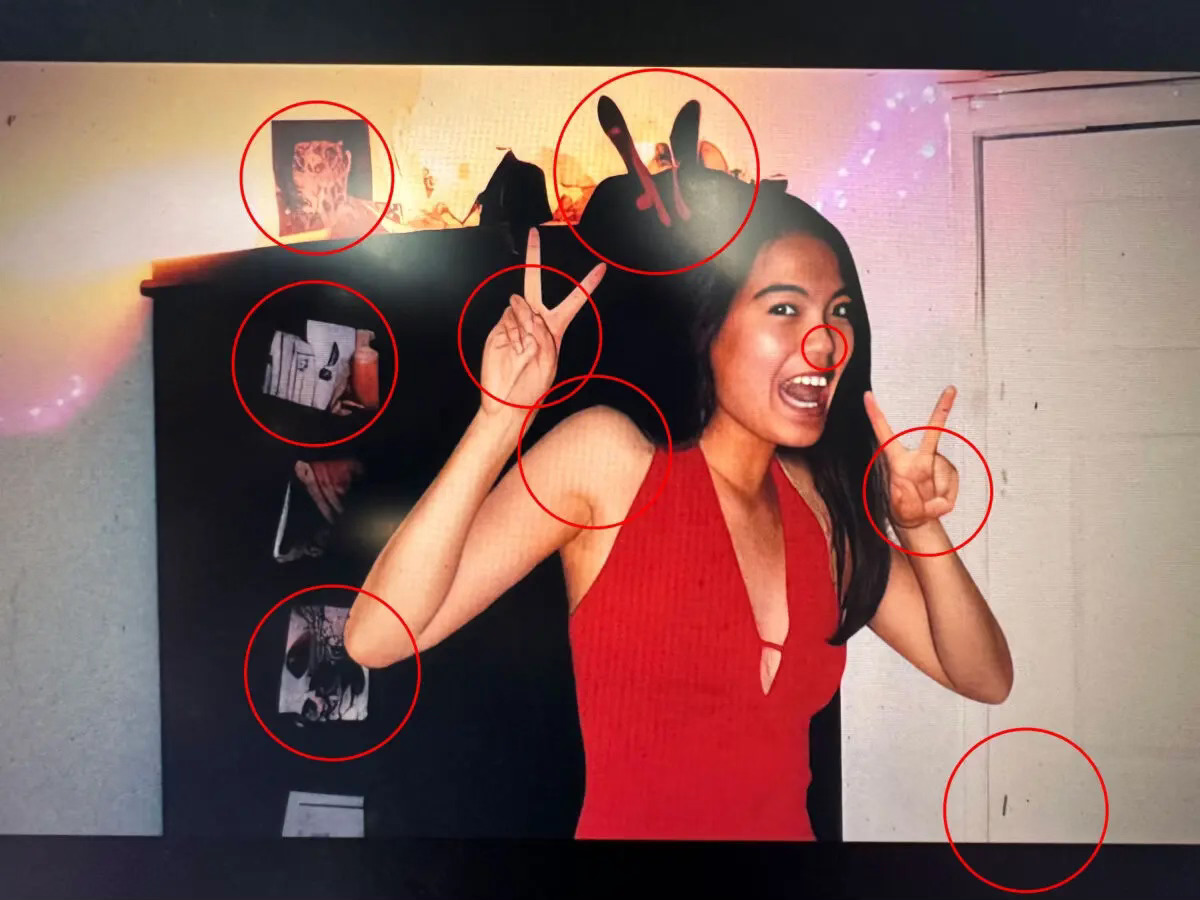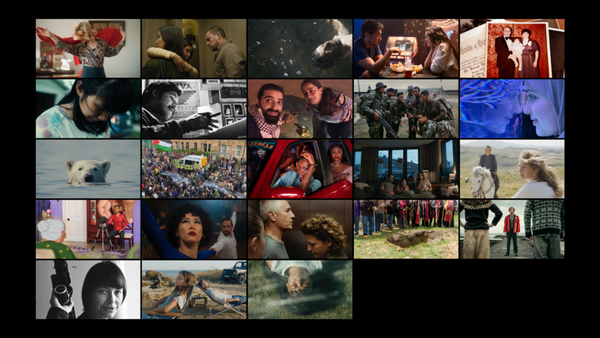The Curious Case of Netflix's AI-Infused Documentary 'What Jennifer Did'
'What Jennifer Did' sets an odd and upsetting precedent for the use of AI in documentaries.


[This post contains details that might be considered spoilers for the Netflix documentary What Jennifer Did. I don’t really this film can be spoiled, but consider yourself warned.]
The other day, I did something that usually ends in mild disappointment: I took a look at what was on Netflix’s “Most Watched” chart, selected the number one film on the list and pressed “play.”
In this case, it was a true crime documentary called “What Jennifer Did.” The documentary chronicles the story of Jennifer Pan, a Canadian woman whose parents were brutalized in a home invasion in 2010. Multiple assailants entered Pan’s home at night and Pan’s mother was murdered, while her dad survived being shot near his right eye and had to be put into an induced coma. It was grisly stuff.
Titling your documentary What Jennifer Did kind of removes any suspense from whether or not Pan was involved in the crime (Not since We Bought a Zoo has a film title been more spoilery). Beyond that, the documentary itself wasn’t particularly revelatory, adding very little to what one might glean from watching a YouTube video or reading a Wikipedia entry about the same event. There are no interviews with any of the main subjects: Pan herself, Jennifer’s ex-boyfriend, who seemed to be one of the key people behind the attack, or any of the assailants. The end result is a piece of fluffy copaganda with just the barest of additional context about Pan’s life and motivations.
There was one thing that stuck out to me though: the film very obviously enhanced the audio of its interrogations and did not disclose it. Since the film didn’t have an interview with Pan herself, footage of Pan in interrogations is copiously used. But the audio from these scenes shows obvious signs of tampering (you can hear excerpts of it below in the trailer for the film).
I’m no sound expert but I have been working with podcasting and microphones for over 15 years. I’ve also watched more than my share of true crime documentaries, many of which feature interrogation footage. Even people with casual knowledge of these topics can probably detect that there’s something unnatural about the way that the people in this film sound. You simply cannot achieve audio that is of the fidelity level found in What Jennifer Dead without having a high-quality microphone placed near a subject’s mouth (which the footage clearly shows is not present). Some kind of enhancement — possibly powered by AI — had to have been used.
On some level, I understand why the filmmakers might have wanted to go this route. There’s so little footage of Pan herself beyond the interrogation scenes, and I think the filmmakers recognized it would be tough watch unless they sweetened the audio a bit for discerning ears.
But it was a bizarre decision for the filmmakers to make without disclosing it, especially given how important audio is to the case. One crucial piece of evidence is a 911 call that Pan makes while ostensibly being tied up by her assailants. In the film, she is shown demonstrating how she was able to make the call while holding her phone at her waist. But the demonstration is awkward and not particularly credible. Given how important that audio is, it struck me as odd that the rest of the documentary would use manipulated audio.
My suspicions were further raised when Futurism published a piece taking a closer look at some of the archival photos show in the film. (Petapixel and 404 Media have also covered this matter)

At a couple points in the movie, we are shown photos of Pan before the murder took place. These photos show some odd digital artifacts that have led many people to believe they are AI-enhanced (This post on Threads has a good summary of the specific path the filmmakers likely took). It appears the filmmakers took actual photos from Pan’s life and used AI to sharpen them and fill in details. Presumably this was done so they would be more presentable in high definition/4K for Netflix’s audience.
Assuming AI was indeed used in this fashion, it feels like a line has been crossed here. Using AI to make promotional art for a fictional narrative film is one (already objectionable) thing. But to manipulate pre-existing photos in a documentary feels not only completely unnecessary (people understand that photos can be blurry sometimes!) but an own goal that calls into question the filmmakers credibility as a whole. How can we trust what is presented if even photographs that are ostensibly part of the historical record have been manipulated so blatantly and without any disclosure?
I’m not sure what the response from Netflix will be to this matter. But if all of the above is accurate, then it’s clear that filmmakers already have no compunction about using AI in scenarios we previously would have deemed totally unacceptable. Only a sufficient and sustained cultural backlash is likely to change that.
Further Reading
- Speaking of AI-fueled backlashes, A24 is making waves this week for using AI to make promotional posters for Alex Garland’s Civil War. A24 is a company that has done enormous good in creating passionate film fans by being friendly to unique creators and auteurs. Thus, it’s all the more bizarre that they’d invite controversy in this way given how AI-related sentiment is trending in the artistic community. I’d recommend ‘s piece on the matter here.
Other Stuff David Chen Has Made
- I’ve been livestreaming a bunch of my gameplaying recently so I decided to launch a YouTube channel for it. Nothing special or edited. It’s just a channel where you can watch me play videogames live if you’d like, often with some other cool folks. I’m currently playing a lot of Helldivers 2, with some Call of Duty: Warzone and Balatro in there as well. I’m also on Twitch if that’s your thing (I stream to both simultaneously).
- In case you missed it: here’s a vlog I made about my experience trying to chase the solar eclipse.
- On this week’s Decoding TV, we talked about the first few episodes of Fallout (a really great adaptation!) and the 9th episode of Shogun (one of the greatest TV episodes in recent memory). Subscribe here.
- On The Filmcast, we reviewed Civil War, a movie I have a lot of complex feelings about. Overall, it’s a movie I liked but didn’t love and was frequently annoyed by.



